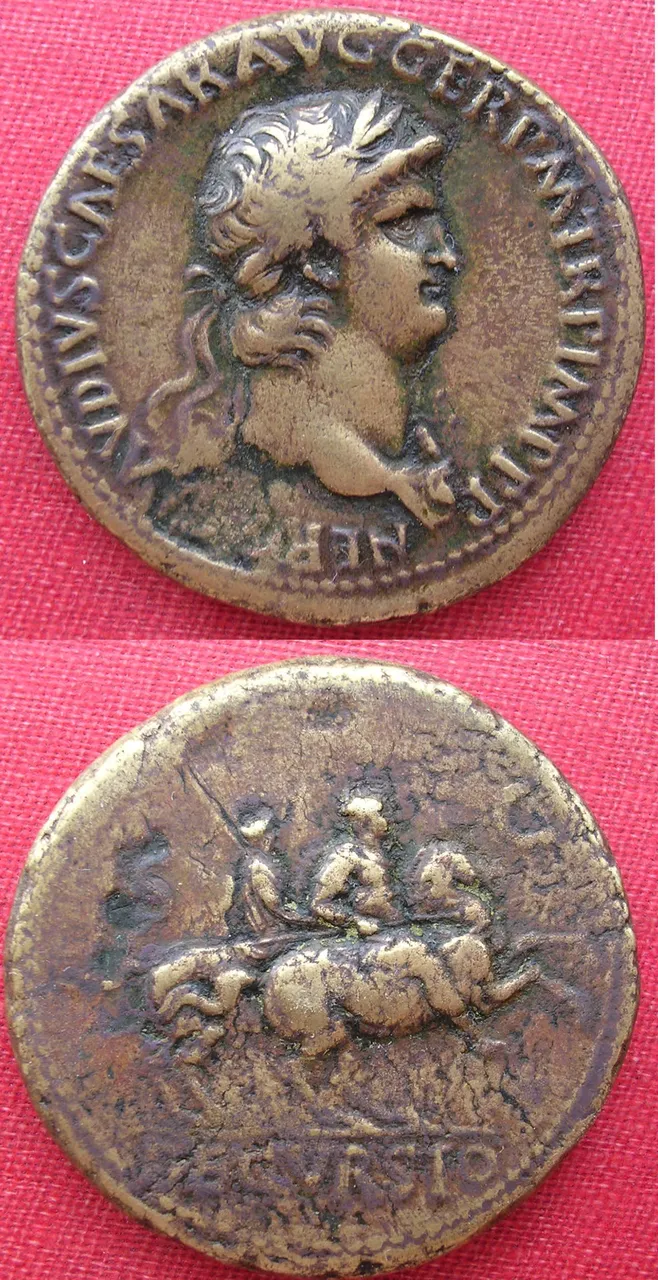Another post for #senecasunday:
Again, I am taking the quote from one of the letters to Lucilius. This time it is letter number 119:
| latin | english |
|---|---|
| Docebo quomodo fieri dives celerrime possis. Quam valde cupis audire! Nec inmertio: ad maximas te divitias conpendiaria ducam. [...] Utrum mavis habere multuman satis? Qui multum habet, plus cupit, quod est argumentum nondum illum satis habere: qui satis habet, consecutus est quod nunquam diviti contigit, finem. | I will teach you how to get rich quickly. How much you want to hear this! And not without justice: I will lead you on the shortest path to the greatest wealth. [...] Would you rather have a lot than have enough? He who has a lot still wants more, that shows that he doesn't have enough: he who owns enough has reached what no rich man has ever reached: the destination. |

The point Seneca is trying to make is one that is central to stoic philosophy and can be found in a lot of other philosophies, religions etc. in numerous cultures and times: that if you chase riches (or something like that) you will never have enough riches; you will always be wanting more. Only when you find that you need only a small amout of money (=enough money to pay your bills etc.) can you ever be finished in your quest for money.
It is a found also found in modern day minimalism, for example. Realise how little money you need for your everyday life, stop chasing more money - and you will never worry about it again.
I keep seeing quotes and principles from Seneca and other stoics being used by managers and personal trainers to be more productive or to tell their clients how to be more productive, by which they mean: earn more money. This is the exact opposite of what Seneca and Co. were talking about and you can just hear them turning in their graves whenever someone uses these ideas to promote the so called hustle culture.
The picture shows a sestertius struck in 64 AD, a few years after this letter was written (the beautifull face is that of emperor Nero. Seneca worked as his teacher and advisor for a few years. Nero also ordered Seneca to kill himself in 65, believing he had been part in a conspiracy against him).
The sestertius was a large brass coin during the roman empire. But it doesn't really matter whether it's sestertius, US-Dollars or crypto: according to Seneca, we should aim at having enough and not a lot.